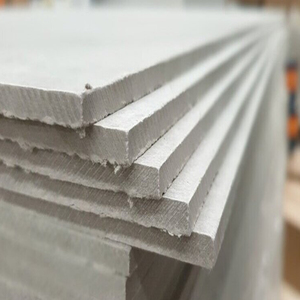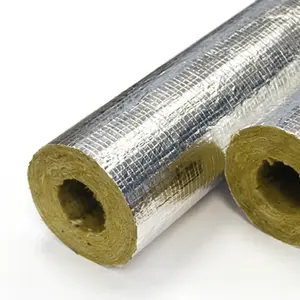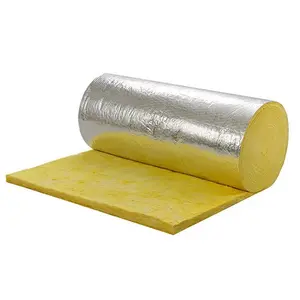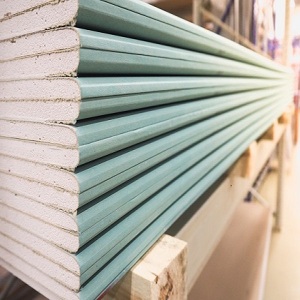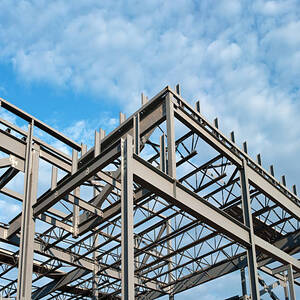Cement board is a durable construction material made from cement and reinforcing fibers, known for its high moisture and fire resistance. It is ideal for wet areas like bathrooms and kitchens, preventing issues such as mold and warping. Lightweight yet strong, cement board provides a stable surface for heavy finishes like tiles, enhancing the longevity of installations. Its versatility allows it to be used in various applications, including as an underlayment for tile, exterior cladding, and fire-rated wall assemblies. Easy to install and eco-friendly, cement board is an excellent choice for both residential and commercial projects seeking durability and safety.
Description
What is Cement Board?
Cement board is a type of construction material made from a blend of cement and reinforcing fibers. It is usually produced in the form of panels or sheets, providing a durable, moisture-resistant, and fire-resistant base for many building applications. The combination of cement and fibers makes it a strong and stable option, often used in areas that require a sturdy substrate, such as under tiles, in exterior facades, or as backing for countertops. Common types include fiber cement board and cement backer board, each offering unique benefits for different uses.
Benefits of Cement Board for Construction Projects
- High Moisture Resistance
One of the standout features of cement board is its excellent resistance to moisture, making it ideal for use in areas exposed to water, such as bathrooms, kitchens, and exterior walls. Unlike traditional drywall, it does not absorb moisture, preventing issues like warping, swelling, or the growth of mold and mildew. This makes it perfect for long-term durability in humid or wet environments. - Fire Resistance
Cement boards are non-combustible, offering a layer of fire protection in both residential and commercial buildings. This makes them suitable for use in fire-rated wall assemblies and as a backing material in fireplaces or areas where heat resistance is essential. The fire-resistant properties enhance the overall safety of buildings, meeting strict building code requirements. - Durable and Impact-Resistant
With a solid, dense structure, cement board is highly resistant to impacts and physical damage. It provides a stable and strong base for heavy finishes like tiles, stone, or brick veneer, making it ideal for floors, walls, and countertops. This durability helps to extend the lifespan of installations, making it a cost-effective choice for projects that require a long-lasting solution. - Versatility in Applications
Cement board can be used in various construction applications, from interior settings like bathrooms and kitchens to exterior facades and soffits. It is a popular choice as an underlayment for tile installations, ensuring a smooth and stable surface that prevents tiles from cracking over time. For exterior applications, fiber cement boards are often used as cladding, offering a weather-resistant and low-maintenance solution. - Smooth and Stable Surface for Finishing
Cement board provides a smooth and flat surface that is ideal for applying different types of finishes, including tiles, plaster, stucco, and paint. Its rigidity prevents shifting or warping, which can lead to cracks or imperfections in the final finish. This stability ensures a professional and durable finish, whether for interior walls or exterior cladding. - Ease of Installation
Cement board is relatively easy to cut and install, often using standard tools like scoring knives or saws. It can be cut to fit custom shapes and sizes, allowing for flexibility in design. The installation process is straightforward, with sheets or panels being secured with screws or nails to a wall or floor substrate. This ease of use makes it suitable for both new constructions and renovations. - Eco-Friendly Options
Many cement boards are made using environmentally friendly practices, such as incorporating recycled materials into the mix. Additionally, because cement board increases the durability of building elements, it reduces the need for frequent replacements, contributing to sustainable building practices over time.
Applications of Cement Board in Construction
Due to its unique properties, cement board is widely used in various construction projects, including:
- Tiling Substrate: Provides a moisture-resistant base for tiling in bathrooms, kitchens, and other areas exposed to water.
- Exterior Cladding: Fiber cement boards serve as durable and attractive exterior siding options, offering a variety of finishes.
- Fire-Rated Assemblies: Used in walls and ceilings to improve fire resistance in buildings.
- Countertop Base: Provides a solid, stable underlayment for countertops in kitchens and bathrooms.
Why Choose Cement Board for Your Project?
Cement board is an excellent choice for projects requiring a durable, moisture-resistant, and fire-resistant solution. It supports various finishing options, offers long-term stability, and enhances the safety and integrity of building structures. Whether for interior tiling, exterior facades, or creating fire-rated walls, cement board provides the strength and reliability that ensure lasting performance and quality in any construction project. Its versatility and ease of installation make it a valuable material for contractors and builders looking to deliver high-quality results.




